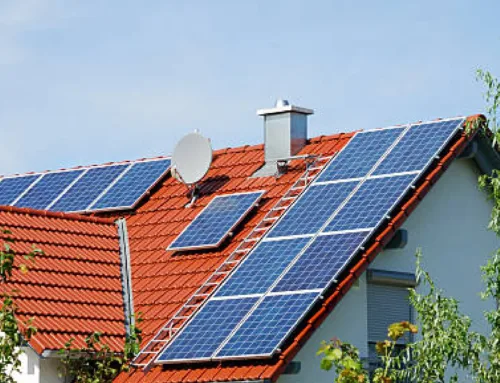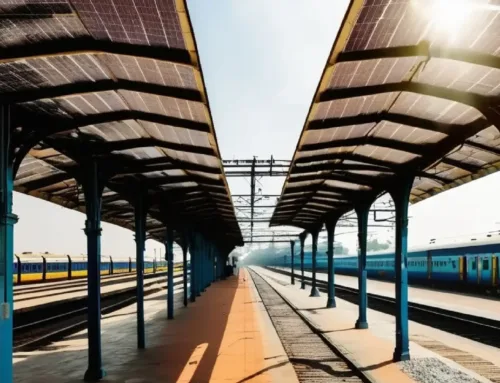
Residential customers can now install rooftop solar systems through vendors of their choice, according to the Ministry of New and Renewable Energy (MNRE). They can notify the distribution company (DISCOM) of the installation and provide a photograph of the system in place. Households are not required to employ DISCOM-approved providers to install rooftop solar systems. Residential customers can notify DISCOMs of rooftop solar installations by sending a letter or filling out an application, or by visiting the DISCOMs and Government of India’s rooftop solar program website. Within 15 days of obtaining the information, DISCOMs must provide net metering to residential customers.
Within 30 days of installation, the government of India would credit consumers’ accounts with a 40% subsidy for rooftop capacity up to 3 kW and a 20% subsidy for rooftop capacity up to 10 kW. Residential customers can still build rooftop solar systems through any DISCOM-approved vendor, according to the ministry, and can now choose the solar module and inverter of their choosing.
MNRE amended the benchmark costs for grid-connected rooftop solar projects for the financial year (FY) 2021-22 in November 2021, omitting the Goods and Services Tax (GST). For capacities up to 500 kW, the updated benchmark cost for general category states ranged from $35.89 ($0.48) to $46.92 ($0.62)/W. Another installer said it was too early to guess on the implications of this communiqué and that he would wait for the official notification with more information. If implemented, the market’s prospects would improve, and the empanelment process would become obsolete in the future. However, there is some ambiguity regarding the statement that users can select the module and inverter technologies.
This is in contrast to a recent revision to the Approved List of Models and Manufacturers (ALMM) of solar modules order, which stated that solar projects using net metering or open access techniques must utilize ALMM-listed modules. The industry’s next step in implementation will be crucial. This strategy will restore industry confidence in system integrators. It will assist firms that are experiencing high operational costs and are experiencing payment delays as a result of net metering and subsidy reimbursements.
Click Here for more updates Ornatesolar.com
Resource: Mercom India






Leave A Comment